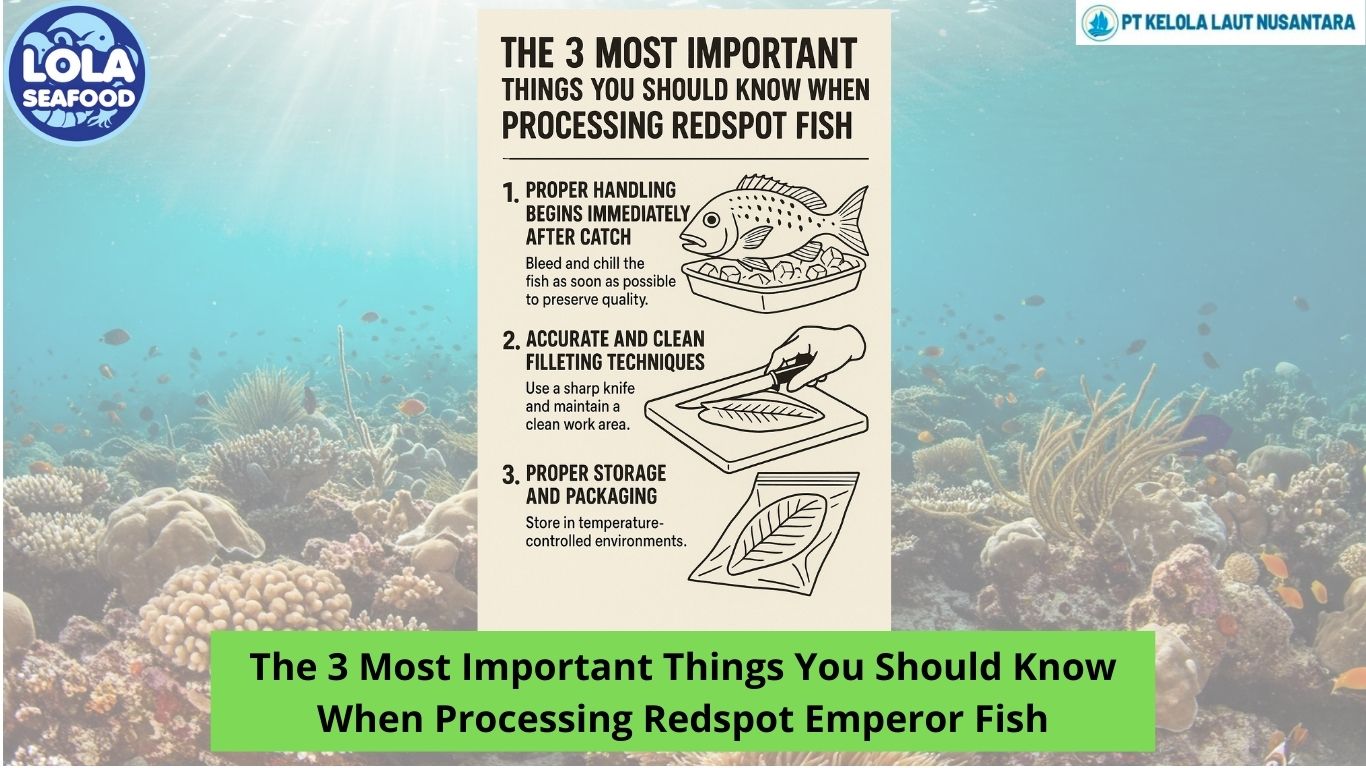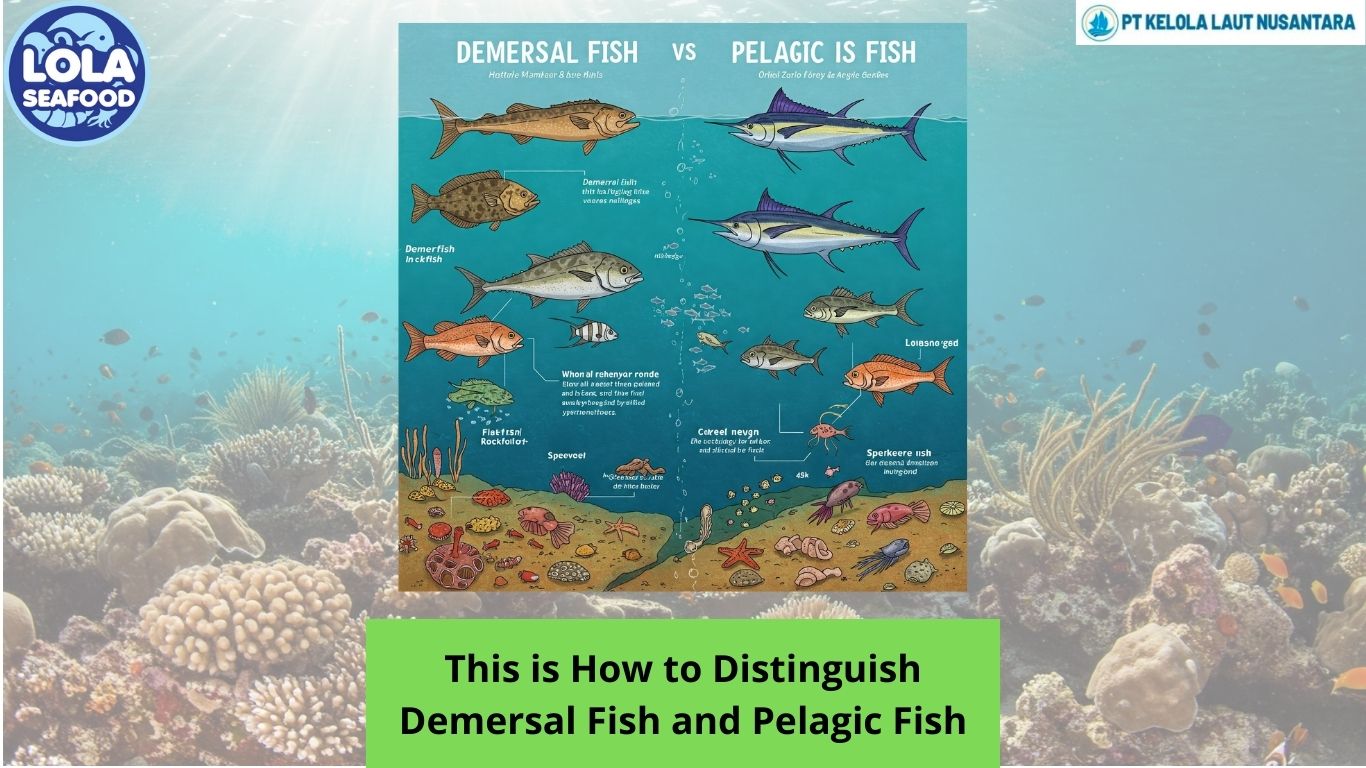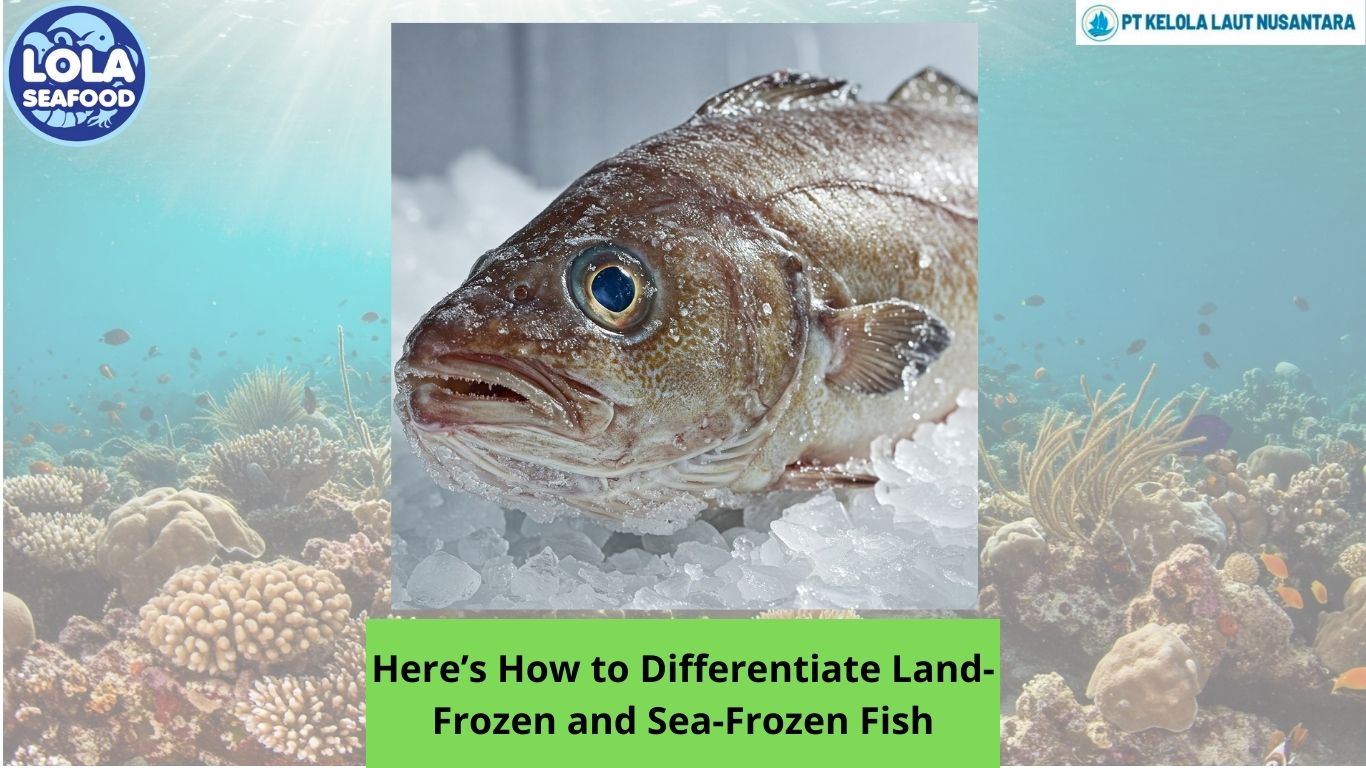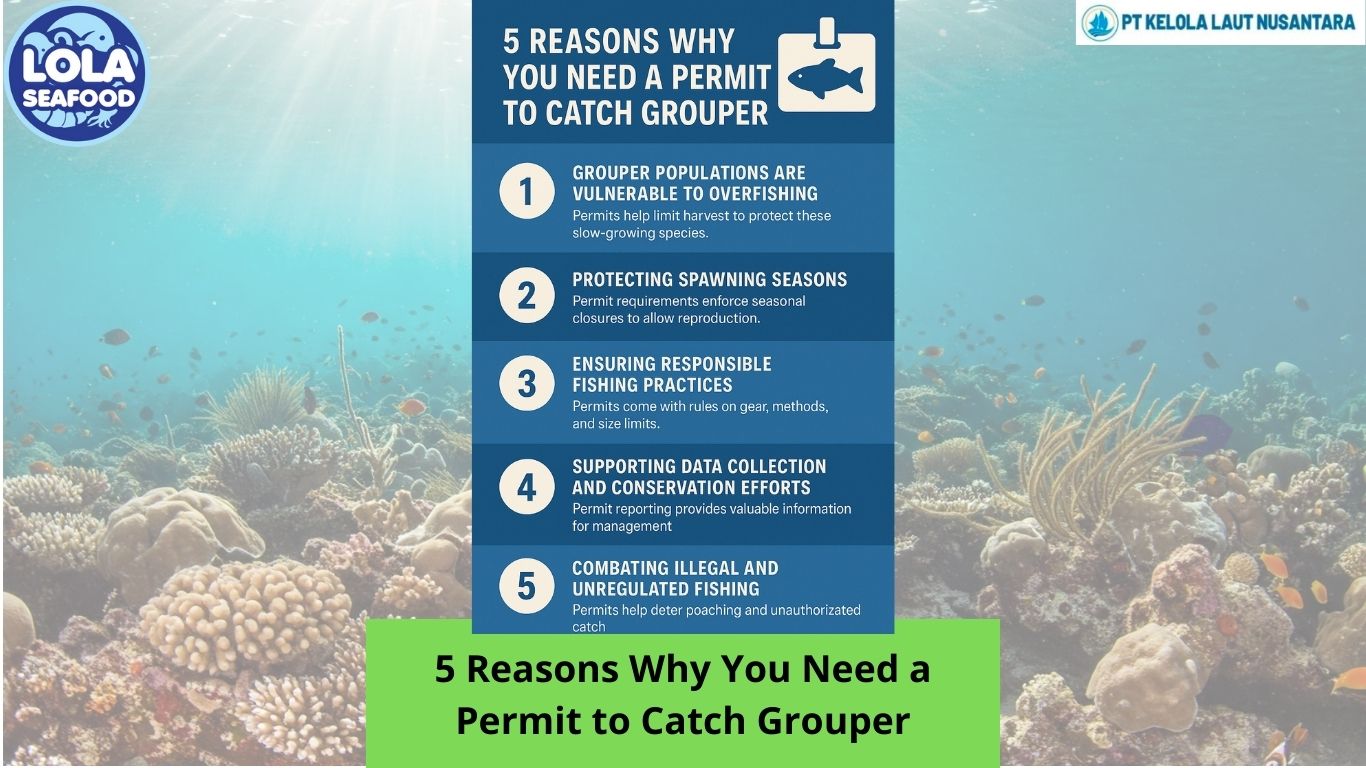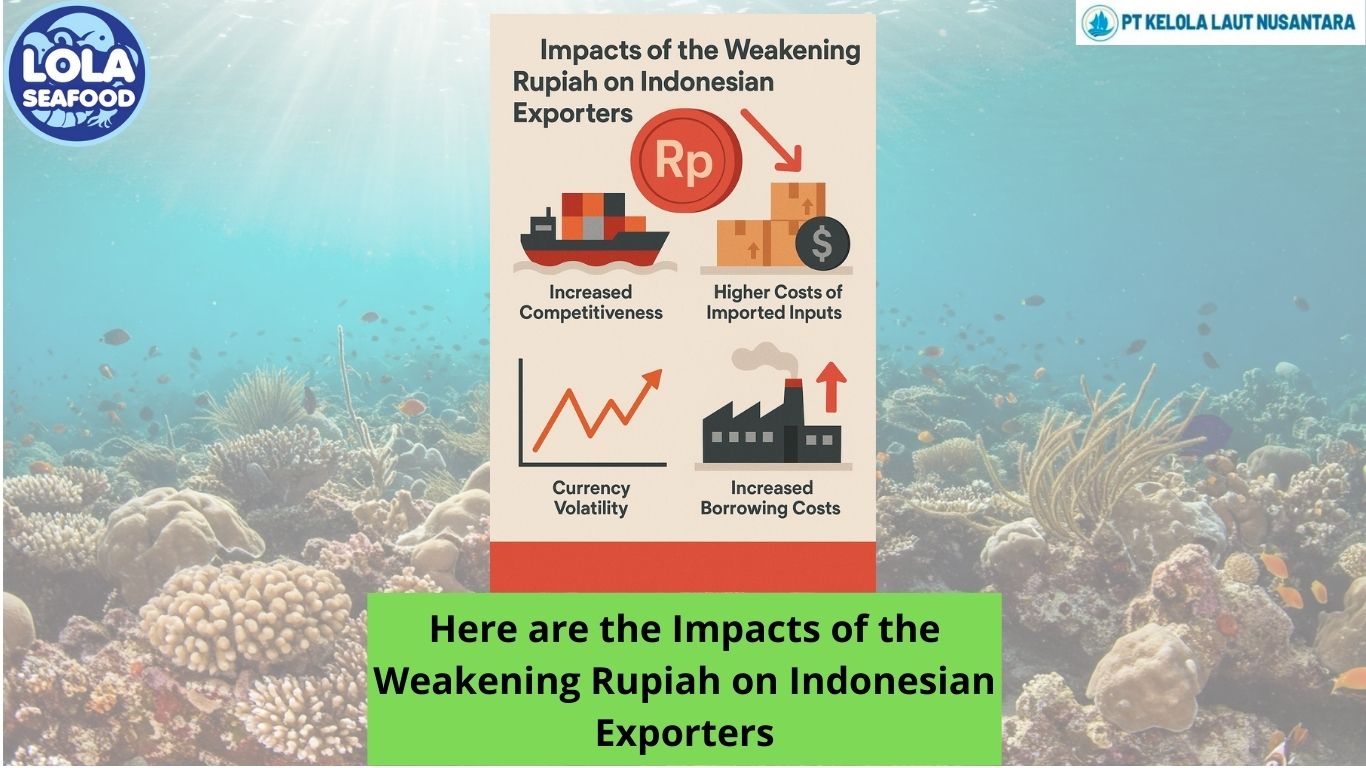The Benefits of Using CO₂ in Freezing Processes for Fish Products
By. Najih - 09 Sep 2024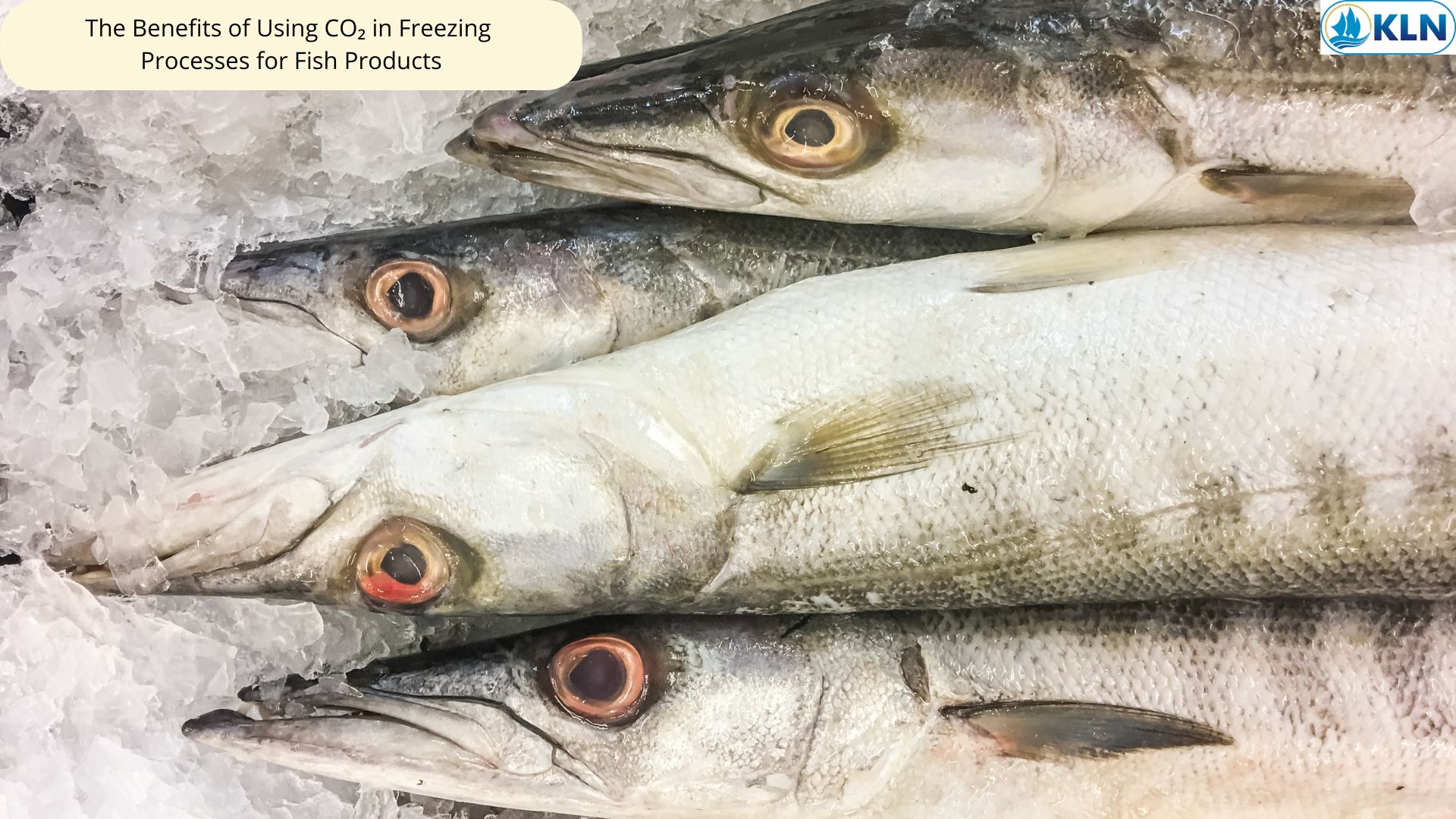
In the fish processing industry, maintaining the highest quality of frozen fish products is crucial for consumer satisfaction and market success. One innovative technology that has gained prominence is the use of carbon dioxide (CO₂) in freezing processes. This article explores the benefits of incorporating CO₂ gas into the freezing of fish products and how it can enhance both quality and efficiency.
1. Enhanced Freezing Speed
Overview: Carbon dioxide (CO₂) offers ultra-fast freezing capabilities that are crucial for preserving the quality of fish products. The rapid cooling effect of CO₂ helps to freeze fish quickly and effectively.
Benefits:
- Reduced Ice Crystal Formation: The fast freezing rate minimizes the formation of large ice crystals, which can damage fish cell structures and affect texture.
- Improved Texture and Quality: By freezing the fish quickly, CO₂ helps maintain the fish’s natural texture, flavor, and nutritional value.
2. Prevention of Freezer Burn
Overview: Freezer burn occurs when fish is exposed to air and undergoes dehydration and oxidation. CO₂ can help mitigate this issue through effective packaging and freezing techniques.
Benefits:
- Moisture Retention: CO₂ helps to preserve the moisture content of fish, reducing the risk of freezer burn and maintaining the product’s quality.
- Consistent Texture: Preventing freezer burn ensures that the fish retains its original texture and taste, enhancing the overall eating experience.
3. Energy Efficiency
Overview: Using CO₂ in freezing processes can contribute to greater energy efficiency compared to traditional methods. CO₂-based freezing systems often require less energy to achieve the desired results.
Benefits:
- Lower Operating Costs: More energy-efficient systems reduce overall operational costs and contribute to a more sustainable production process.
- Reduced Environmental Impact: Enhanced energy efficiency translates to lower greenhouse gas emissions and a smaller carbon footprint.
4. Improved Process Control
Overview: CO₂ freezing systems offer precise temperature control and monitoring, which are essential for maintaining consistent product quality.
Benefits:
- Consistent Quality: Precise control over freezing conditions ensures that each batch of fish meets the required quality standards.
- Reduced Variability: Enhanced process control minimizes variations in freezing rates and product quality, leading to more reliable outcomes.
5. Versatility and Adaptability
Overview: CO₂ freezing systems are versatile and can be adapted to various types of fish products, from fillets to whole fish. This adaptability makes CO₂ an attractive option for diverse processing needs.
Benefits:
- Flexibility: CO₂ can be used for freezing a wide range of fish products, accommodating different sizes and types.
- Scalability: The technology can be scaled up or down to suit different production volumes, from small to large operations.
6. Enhanced Food Safety
Overview: Food safety is a top priority in the fish processing industry. CO₂ freezing helps to ensure that fish products are safely preserved and free from pathogens.
Benefits:
- Pathogen Control: The rapid freezing process helps to inhibit the growth of harmful bacteria and pathogens, reducing the risk of foodborne illnesses.
- Extended Shelf Life: By preserving fish at optimal conditions, CO₂ freezing helps extend the product’s shelf life and maintain safety standards.
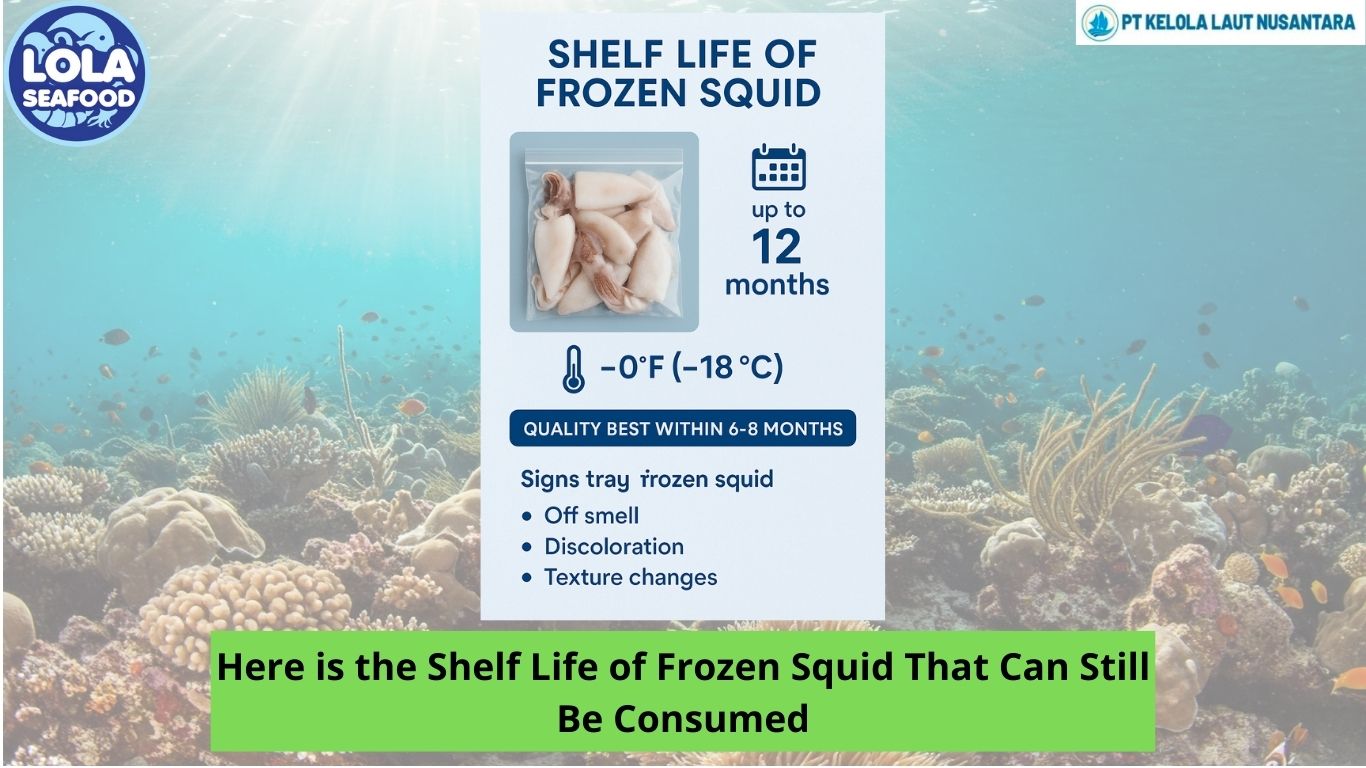
.jpg)
.jpg)
.jpg)
